
- Finance
- March 1, 2024
Introduction to personal finance
Let’s face it: finance isn’t just a playground for corporate giants with their big earnings and blockbuster mergers. Nope, it’s much more personal than that. It’s about you, your wallet, and your financial health.
- IWe are Peak72 are firm believers that the principles guiding the financial strategies of the largest corporations can also empower individuals to master their personal finances. That’s why we’ve delved deep into research, sifted through the mountains of information available, and distilled it into a simple, actionable guide designed to set you on your path to financial freedom.
- This guide is your first step towards understanding and taking control of your financial destiny. We’ll start by laying the groundwork, focusing on the essentials of protecting your money. You’ll learn to differentiate between good and bad debt and discover the most effective ways to save and budget. It’s all about making your money work for you, not the other way around.
- Navigating Life’s Financial Questions Life is full of big questions, and how you manage your finances plays a crucial role in answering them. From buying a home to planning for retirement, our guide addresses the significant financial decisions you’ll face, providing clarity and direction. /li>
Clearing the path Ahead
- Debt often gets a bad rap – but not all of it’s earned. Some debt can arguably be good – so how can you tell the difference?
Good debt/ bad debt
- The Concept of Good Debt
- Good debt is like an investment that pays off over time. It’s the kind of commitment that brings value beyond its cost. Consider a mortgage: not only does it enable you to own a property, but that property might also appreciate in value or generate rental income. Similarly, student loans are seen as good debt because they invest in your education, potentially leading to better job opportunities and higher earnings. Think of good debt as a strategic move in your financial chess game, positioning you for a checkmate against financial constraints.
- Identifying Bad Debt
- In contrast, bad debt is a financial burden that offers no return and can drag you down. It’s the kind of spending that feels good momentarily but doesn’t contribute to your wealth in the long run, like using credit for non-essential shopping or luxury vacations. Bad debt doesn’t build future value; it only satisfies current desires, often leading to a cycle of repayment struggles.
Strategies to Combat Bad Debt
- 1. Balance Transfer: Consider transferring your outstanding credit card balances to a new card offering a zero or low-interest rate period. This move can provide breathing room to pay down the balance without the burden of high interest. However, exercise caution to avoid accumulating new debt on either card.
- 2. Debt Consolidation: For larger debts, consolidation could be a wise strategy. This involves taking out a single loan to pay off multiple debts, potentially securing a lower interest rate and simplifying your payments. It’s a step towards regaining control of your financial health.
Budgeting
- Diving into the world of budgeting doesn’t have to be daunting. Whether you’re tapping away on the latest budgeting app or jotting down numbers the old-school way with pen and paper, managing your money can actually be quite straightforward and even a bit fun!
- Here’s a simple tips to help you budget :
- The Buffett Way: Ever heard of Warren Buffett? He suggests something pretty simple: save some of your money before you spend it on anything else. This could be putting it into a savings account or investing it. It’s like making sure you pay yourself first for all your hard work.
- Find a Budget Buddy: Just like working out or studying, budgeting can be easier and more fun with a friend. Choose someone you can share your spending habits with openly, and encourage each other to stick to your budgeting goals.
Ready for whatever life throws at you
- Alrighty, adventurer – now you’ve mastered the basics, you’re all set to continue your journey. Next up: protecting yourself and your wealth for whatever life might throw at you.
Why do you need an emergency fund?
- An emergency fund is essentially a stash of money set aside to deal with the financial surprises life throws your way. The aim is to have a buffer that prevents you from falling into debt when unexpected expenses arise. 3 months after tax salary is a bare minimum. Unfortunately, many of us are not prepared. Studies show a significant number of people have less than a month’s salary saved for emergencies, leading to increased financial stress and debt.
- Starting your emergency fund can be as simple as saving a small amount regularly. Even ₹1000 to ₹1500 a month can build a substantial fund over time. Opt for a savings account with easy access so you can withdraw money quickly without penalty, and let your savings earn some interest too.
Insurance: The financial Shield
- When it comes to safeguarding your financial future, insurance plays a critical role. In India, navigating insurance policies is crucial due to the diverse financial landscape and varying family responsibilities. Two key types of insurance are:
- Life Insurance: Essential for anyone with dependents, life insurance ensures your loved ones aren’t left in a financial bind if something happens to you. Whether it’s settling a mortgage or providing for your family, a rule of thumb is to have coverage worth 10 times your annual income. Policies vary, offering lump-sum payments or regular income to your beneficiaries, ensuring financial stability in your absence.
- Income Protection Insurance: If you’re unable to work due to illness or injury, income protection insurance becomes a lifeline. By paying a small monthly premium, you secure a replacement income that supports you and your family until you can resume work or the policy term ends. It’s a safety net ensuring your financial plans remain intact, even when life takes an unexpected turn.
Choosing wisely
- You’ve navigated your way through debts, budgeting, and protecting yourself against unforeseen circumstances. What’s next?
Embrace Life’s Big Decisions
- Life’s not just about the daily grind; it’s about those big moments that we dream of – be it buying that dream home or planning a serene retirement. While an occasional treat is always welcome, let’s focus on strategizing for those major financial milestones together.
Short-Term Savings Strategies
- For goals that are just around the corner (think within the next two years), a savings account is your best bet. The trick is to keep ahead of inflation so that your hard-earned money doesn’t lose its value over time. Look for savings accounts that offer interest rates beating inflation, ensuring your money grows even as it sits.
- In India, consider options like Fixed Deposits (FDs) for guaranteed returns or high-interest savings accounts for more liquidity. Remember, the idea is to protect and grow your money efficiently.
Long-Term Saving with pension and investments
- For the long haul, maximizing your pension contributions is a wise move. Many employers match your pension contributions, make use of it. The NPS (National pension system) also offers subscribers two NPS investment options – a default ‘Auto Choice’ for subscribers who find it tough to decide, and an ‘Active Choice’ for subscribers who wish to take control of their investments. (To read about them in more detail please click the link above it can be very helpful.)
What’s the point of investing?
- Investing is all about growing your pot of money significantly over the longer term, allowing smallish annual gains to build up into something quite impressive.
- Investing will help you meet your medium- (say, three to five years) and long-term (five years and beyond) financial goals. When you invest, you do accept the risk your nest egg might fall in value – but in return, you open yourself up to the potential for much larger gains.
Planning your investment
- You should begin by figuring out how much money you have to invest in longer-term goals – remember, this is separate to your emergency fund. If you’ve taken Warren Buffett’s advice to “pay yourself first”, you’ll hopefully have a good idea of how much you can spare each month.
- Next, decide the levels of risk you’re willing to take, perhaps based on how soon you might need to access your money again.
- In general, the more long-term the investment, the more risk you should be able to tolerate. Because – while things can very much go down as well as up – you’ll have more time to recover from any short-term losses.
Deciding Your Investment Style
- Are you a set-it-and-forget-it kind of investor, or do you prefer having your hands on the wheel? Passive investing involves putting your money in exchange-traded funds (ETFs) and letting the market do its thing, while active investing means regularly buying and selling stocks in pursuit of higher returns.
Getting Started with Investments
- Direct Investing: If you’re confident and keen on managing your investments, online platforms (brokerages) offer a DIY approach. This can be buying individual stocks, options, etfs and even mutual funds.
- Wealth Managers: For those with a larger capital, wealth managers or independent financial advisors (IFAs) can tailor investments to your needs. Eg: Portfolio management services ( PMS), Alternate investment Fund ( AIF)
- Online Investment Management: For a balance of expertise and convenience, consider online management services or robo-advisors that craft and manage your investment strategy based on your goals. (Very new)
Mix and Match for Success
- Your investment strategy doesn’t have to be all or nothing. Diversifying across different types of investments can provide both security and growth opportunities.
What about Taxes?
- Ah, tax. Whether you make money via interest or investment gains, you’ll want to keep as much of it as possible – and that means taking advantage of tax-free investment and savings options.
Be the first to review “Message Financial Board Game Cancel Reply
RELATED POSTS
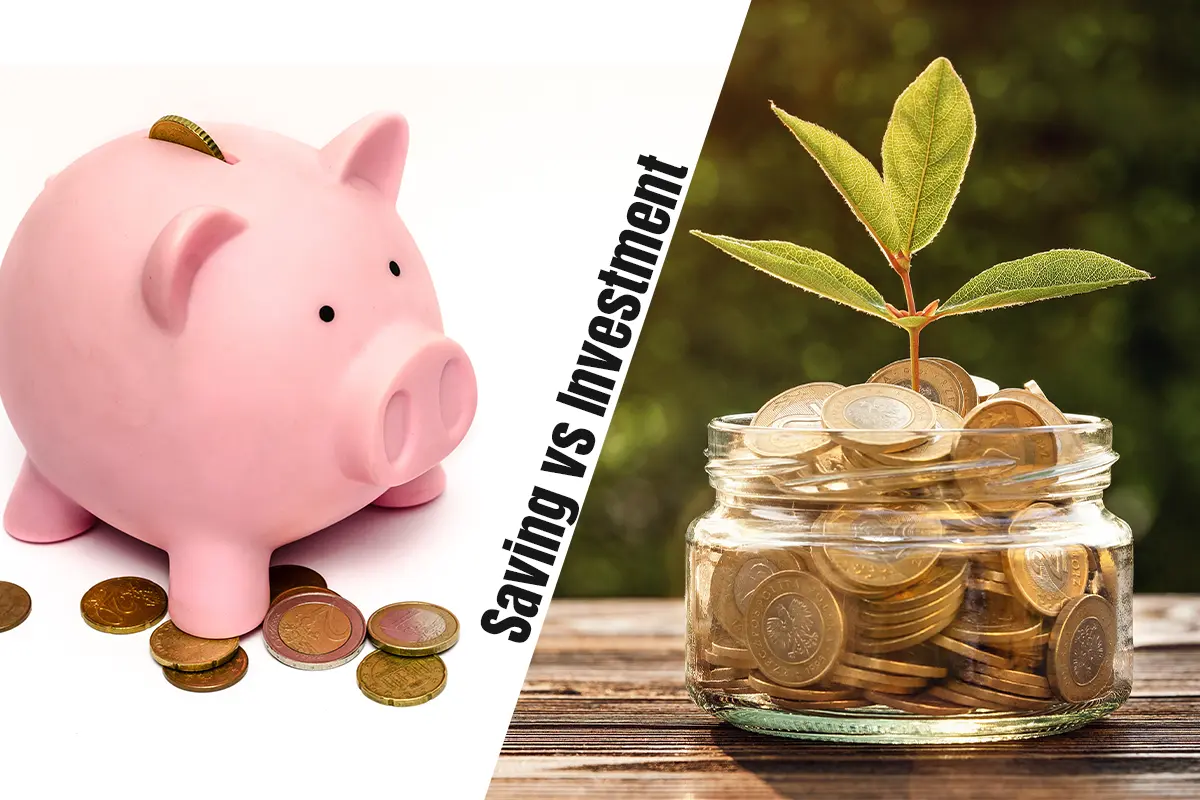
- Finance
- September 30, 2024

- Finance
- September 26, 2024

- Finance
- September 23, 2024

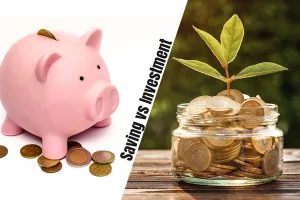


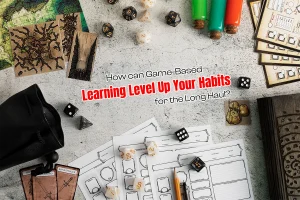


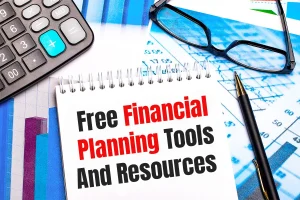


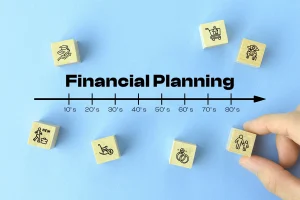

Woah! I’m really enjoying the template/theme of this website. It’s simple, yet effective. A lot of times it’s hard to get that “perfect balance” between user friendliness and visual appearance. I must say you’ve done a awesome job with this. Additionally, the blog loads very quick for me on Chrome. Exceptional Blog!
I really like your blog.. very nice colors & theme. Did you create this website yourself or did you hire someone to do it for you? Plz answer back as I’m looking to construct my own blog and would like to know where u got this from. thanks a lot